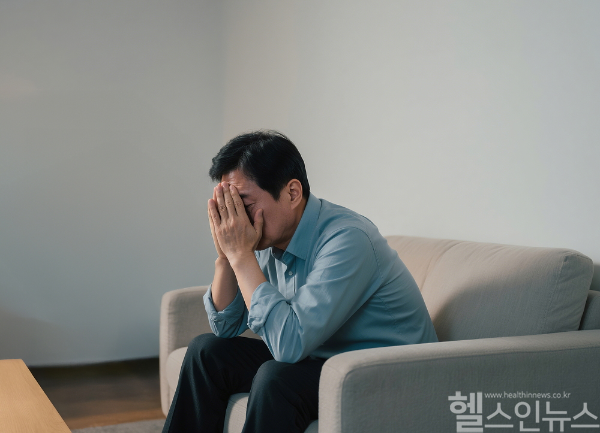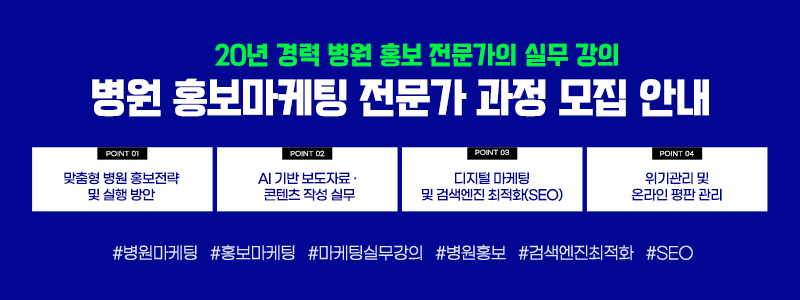Why is summer so problematic? Dr. Jang-hee Lee, a urologist at Incheon Himchan General Hospital, points to a combination of factors: “Hot weather causes dehydration, while air conditioning and cold foods impair prostate function.” These, alongside reduced pelvic blood flow, can worsen urinary symptoms and inflammation.
Three Summer Risks to Prostate Health: Dehydration, Infection, and Cold Exposure
Several factors make summer a perilous season for prostate health. First, dehydration. High temperatures drive excessive sweating, lowering bodily fluids and concentrating urine. This denser urine irritates the urinary tract, potentially causing inflammation that affects the bladder and prostate. Higher levels of calcium, uric acid, and salts in urine also raise the risk of prostate or urinary tract stones.
Finally, air conditioning poses a significant challenge. Prolonged exposure to cold air reduces pelvic blood flow and tightens muscles, disrupting prostate and bladder function. This can manifest as weak urine flow, painful urination, residual urine sensation, or frequent urination. For men with benign prostatic hyperplasia, cold-induced circulatory issues can exacerbate urethral compression, intensifying voiding problems.

Practical Steps to Safeguard Prostate Health in Summer
To protect prostate health during warmer months, consider these recommendations:
- Hydrate Wisely
Drink 1.5 to 2 liters of water daily, but limit intake two hours before bed to avoid nighttime urination. Avoid diuretic drinks like coffee, carbonated beverages, and alcohol.
- Limit Cold Air Exposure
Maintain indoor-outdoor temperature differences within 5–6°C and shield the lower body from direct air conditioning. Prolonged cold in the pelvic area can reduce blood flow, sparking inflammation.
- Stay Active
Prolonged sitting compresses the pelvis and prostate. Stand, stretch, or walk briefly every hour to boost pelvic blood circulation.
- Use Warm Sitz Baths and Maintain Underwear Hygiene
Soaking in warm water for 10–15 minutes improves pelvic blood flow and eases discomfort. Wear breathable cotton underwear and change frequently to curb bacterial growth.
- Seek Early Medical Care
Burning during urination, residual urine sensation, frequent nighttime urination, reduced libido, or ongoing fatigue may signal prostate issues. Consult a urologist promptly to pinpoint the cause and prevent complications.
Dr. Lee stresses the need for vigilance: “Summer symptoms can easily recur or become chronic. Healthy habits and timely medical intervention are the best defenses against long-term problems.”
By recognizing summer’s unique risks and adopting proactive strategies, men can maintain prostate health throughout the year.
Lim Hye Jung, HEALTH IN NEWS TEAM
press@hinews.co.kr


